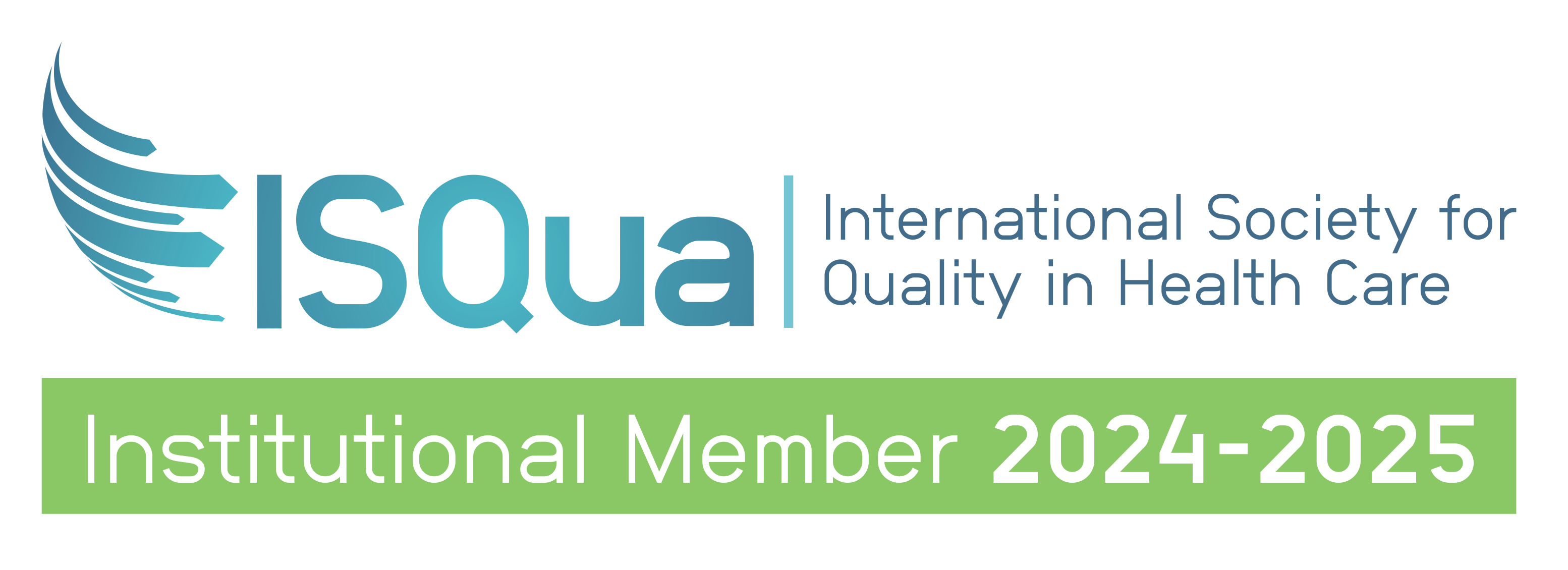
How can healthcare organisations help address climate change?
Currently healthcare accounts for 7 percent* of carbon emissions in Australia. There have been increasing calls for the healthcare sector to take action against climate change.
In our upcoming Member Masterclass we delve into this pressing issue and will be joined by the Chief Sustainability Officer at the NHS in England, Dr Nick Watts, to talk through his commitment to deliver a world-class net zero emission health service.
Based in London, Dr Watts leads the Greener NHS team across the country, which focuses on improving the health of patients and the public through a robust and accelerated response to climate change and the broader sustainability agenda.
Dr Watts is a medical doctor licensed in Australia and the UK, and a Fellow of the Royal College of Physicians’ Faculty of Public Health.
ACHS Members are invited to join in on this discussion between our Improvement Academy Director, Assoc Prof Bernie Harrison and Dr Watts, titled: 'What can healthcare organisations do to address climate change?'. Members are encouraged to ask questions throughout the live session and will learn practical knowledge about how their healthcare organisation can make a difference.
Masterclass Learning Objectives:
-
The impacts of climate change on healthcare systems
-
The broad trajectories and emissions profiles required
-
The key deliverables needed to ensure in-year emissions reductions
Click here to learn more and register.
Want to learn more about the benefits of sustainability in healthcare?
In our 2022 QI Awards, a Highly Commended applicant submitted a fantastic abstract outlining the management of anaesthetic gasses within their hospital's perioperative space. This Quality Initiative was submitted by the Royal North Shore Hospital, Northern Sydney Local Health District, NSW Department of Anaesthesia, Pain, and Perioperative Medicine, with the title "Anaesthetic Greenhouse Gas Reductions".
Authors of the paper, Dr Arpit Srivastava, Dr Maximillian Benness, Dr Matthew Doane, and Dr Adam Rehak outlined their desire to deliver care while minimising the secondary harm from unnecessary carbon impacts.
The results were a >900 tonne reduction in CO2 equivalent emissions as well as >$94,000 reduction in expenditure on volatile anaesthetic gases over 12 months.
The success of this project highlights two important findings. The first is a significant reduction in greenhouse gas emissions without changing clinical practice but instead, refining it, without a need for infrastructure change. The second is the willingness and enthusiasm for staff to incorporate point of care considerations that are environmentally focused.
To read the full report please check out pages 95 and 96 in the 2022 Quality Initiatives Publication here.

